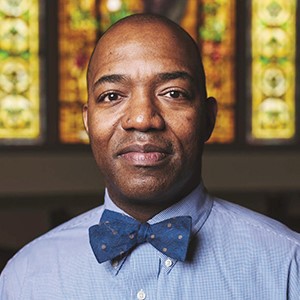

Question and Answer
Can you explain the Trinity so an ordinary person can understand?
It would be great if there were a really simple illustration or analogy that could explain the complex nature of the Trinity. But to describe our God as One who is three-in-one is not a simple matter.
The biblical doctrine of the Trinity contains three important principles: 1) There is only one God; 2) There are three persons in the one God; and 3) Each of these three persons is fully God. As the Westminster Shorter Catechism states, “There are three Persons in the Godhead: The Father, the Son, and the Holy Ghost; and these three are one God, the same in substance, equal in power and glory.” This explanation is simple enough to understand, and can be defended easily by Scripture. Clearly, the Bible teaches the full deity of each member of the Trinity—the Father (Eph. 5:20; 1 Peter 1:2); the Son (Titus 2:13; Heb. 1:8); and the Holy Spirit (Acts 5:3; Heb. 9:14).
Unfortunately, all human analogies for explaining the Trinity fall short at some point. Some have compared the complex relationship within the Trinity to the different states of chemicals; a person having three relationships (e.g., one man is a father, son, and brother); a three-leaf clover; a boiled egg (e.g., shell, white, yolk); or the triple point in chemistry—the point at which an element, under the right pressure exists simultaneously as a solid, liquid, and gas. But all these analogies fail to show the one distinct element displayed as three distinct entities in a perpetual relationship. Instead, the Trinity is an eternal relationship in which God is at once three distinct entities (Father, Son, Spirit).
These analogies help provide an idea of the Trinity, but they all are inadequate in giving a true and complete understanding of its complexity. Only by the power of the Holy Spirit, through faith in Christ, and knowledge of Scripture, can believers gain a deeper understanding of the nature of the Trinity.




